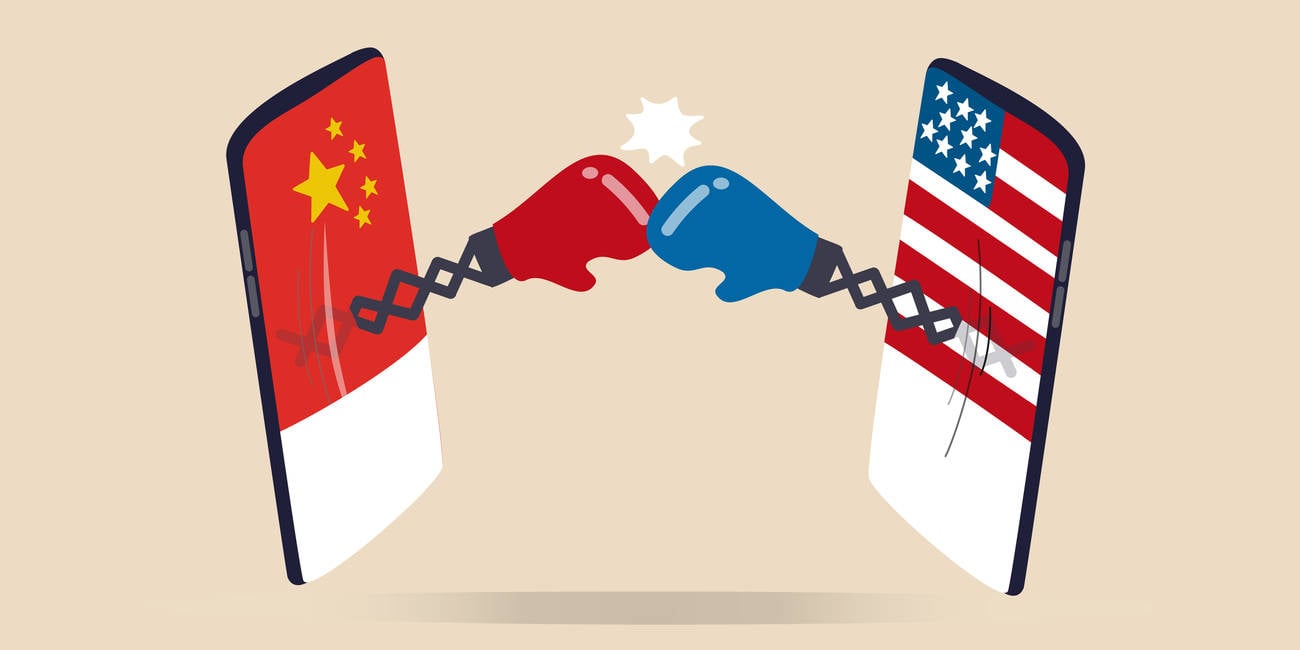Biden Administration Effectively Slaps Bans On Seven Chinese Supercomputer Companies For Military Links

The US government's Department of Commerce has added seven Chinese supercomputing companies to its Entity list, meaning American businesses need a special licence to work with them.
The department’s announcement of the new listings says the Chinese companies are “are involved with building supercomputers used by China’s military actors, its destabilizing military modernization efforts, and/or weapons of mass destruction programs.”
As the Entity list is designed to make life hard for outfits the United States thinks will work against its interests, licenses to deal with listed entities are seldom granted. The seven outfits added to the list are:
- Tianjin Phytium Information Technology
- Shanghai High-Performance Integrated Circuit Design Center
- Sunway Microelectronics
- National Supercomputing Center Jinan
- National Supercomputing Center Shenzhen
- National Supercomputing Center Wuxi
- National Supercomputing Center Zhengzhou
The bans may not impact the Sunway TaihuLight supercomputer, Earth’s mightiest computing machine as of 2016 according to the Top 500 list. The machine was still the fourth-most-powerful computer on the planet as of November 2020, thanks to its 10,649,600 processor cores, described in our sibling site The Next Platform, here.
Each processor has 260 64-bit Sunway RISC CPUs designed in China, and the machine resides at the National Supercomputing Center Wuxi.
Plenty of other Chinese machines on the Top 500 list use Intel silicon, and it is highly likely that US companies have contributed to some parts of other supers in China.
US Secretary of Commerce Gina Raimondo added a canned quote that said: “Supercomputing capabilities are vital for the development of many – perhaps almost all – modern weapons and national security systems, such as nuclear weapons and hypersonic weapons. The Department of Commerce will use the full extent of its authorities to prevent China from leveraging US technologies to support these destabilizing military modernization efforts.”
China’s US embassy, ministry of foreign affairs, and state-run media appear not to have commented on the effective bans at the time of writing. ®
From Chip War To Cloud War: The Next Frontier In Global Tech Competition
The global chip war, characterized by intense competition among nations and corporations for supremacy in semiconductor ... Read more
The High Stakes Of Tech Regulation: Security Risks And Market Dynamics
The influence of tech giants in the global economy continues to grow, raising crucial questions about how to balance sec... Read more
The Tyranny Of Instagram Interiors: Why It's Time To Break Free From Algorithm-Driven Aesthetics
Instagram has become a dominant force in shaping interior design trends, offering a seemingly endless stream of inspirat... Read more
The Data Crunch In AI: Strategies For Sustainability
Exploring solutions to the imminent exhaustion of internet data for AI training.As the artificial intelligence (AI) indu... Read more
Google Abandons Four-Year Effort To Remove Cookies From Chrome Browser
After four years of dedicated effort, Google has decided to abandon its plan to remove third-party cookies from its Chro... Read more
LinkedIn Embraces AI And Gamification To Drive User Engagement And Revenue
In an effort to tackle slowing revenue growth and enhance user engagement, LinkedIn is turning to artificial intelligenc... Read more

